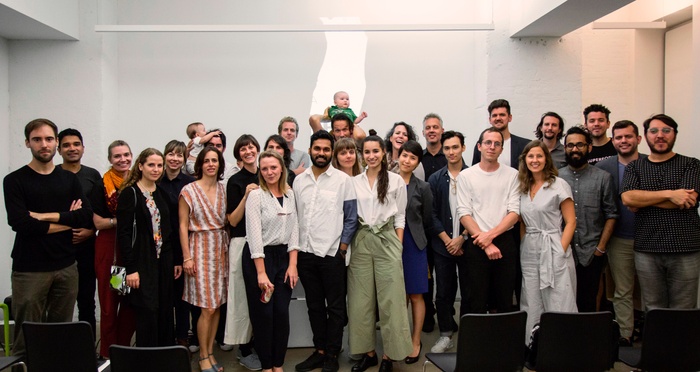Advanced Architecture Studio VI Supercrit
Hosted by David Benjamin, Associate Professor and Coordinator of Advanced Studios at Columbia GSAPP. Guests jurors to the Supercrit are Stephanie Carlisle, Irene Cheng, and Tim Michiels. GSAPP Advanced Studio faculty include (in order of presentation) Jing Lui, Stephen Cassell and Annie Barett, Hilary Sample, Steven Holl and Dimitra Tsachrelia, Galia Solomonoff, David Benjamin, Mimi Hoang, Enrique Walker, Anna Puigjaner, Pedro Rivera, Mark Wasiuta, Sarah Dunn and Martin Felson, Mario Gooden, Olga Aleksakova and Julia Burdova, Michael Bell, Ada Tolla and Giuseppe Lignano and Juan Herreros.
Watch a recording of the Supercrit here.



